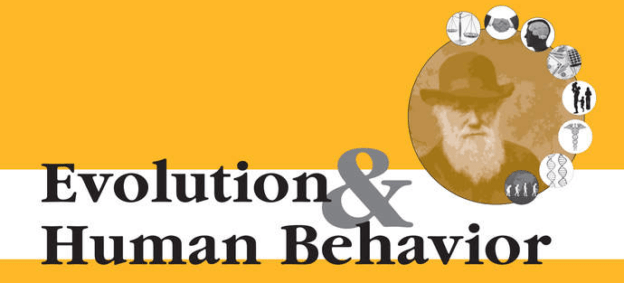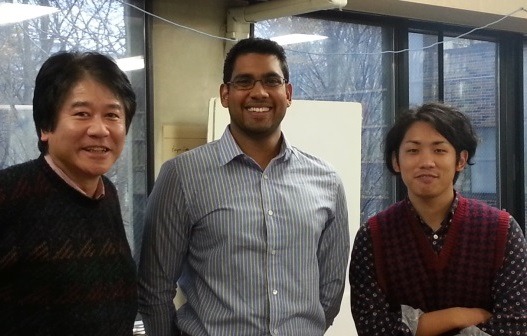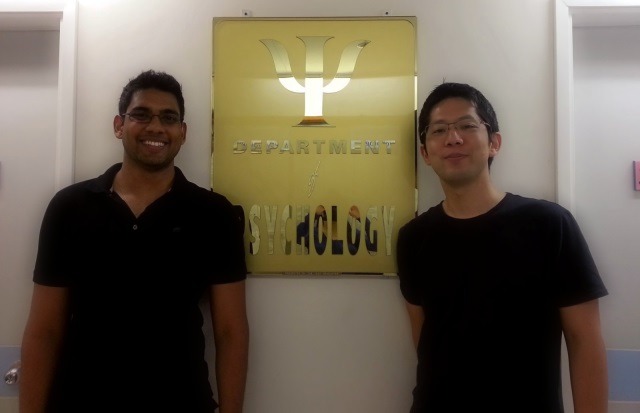Tom Morgan, Joe Henrich and I recently published a paper on the “The When and Who of Social Learning and Conformist Transmission” in Evolution and Human Behavior.
Conformist transmission is a type of frequency dependent social learning
strategy in which individuals are disproportionately inclined to copy the most common trait in their sample of the population (e.g. individuals have a 90% probability of copying a trait that 60% of people possess). The bias is particularly important, because it tends to homogenize behavior within groups increasing between group differences relative to within group differences.
Our three key findings across two experiments were:
- Substantial amounts of conformist transmission. We found substantial reliance on conformist biased social learning, with only 3% and 9% (or 15%) showing no bias in Experiments 1 and 2, respectively.
- Increased social learning and stronger conformist bias as the number of options increased. Both the amount of social learning and the strength of conformist biases increased as the number of options increased (i.e. 60% of people wearing black shirts is more persuasive in a world of black, red, blue, yellow, and white shirt colors than in a world of only black shirts and white shirts). These results mean that all prior experiments have underestimated reliance on social learning and the strength of conformist transmission, since all use only 2 options.
- IQ predicts both social learning and the strength of the conformist bias. IQ predicts less social learning, but has a U-shaped relationship to the strength of the conformist bias. These results suggest that higher IQ individuals are strategically using social learning (using it less, but with a stronger conformist bias when they choose to use other information).
For a list and discussion of all key findings, see the Discussion section of the paper.














